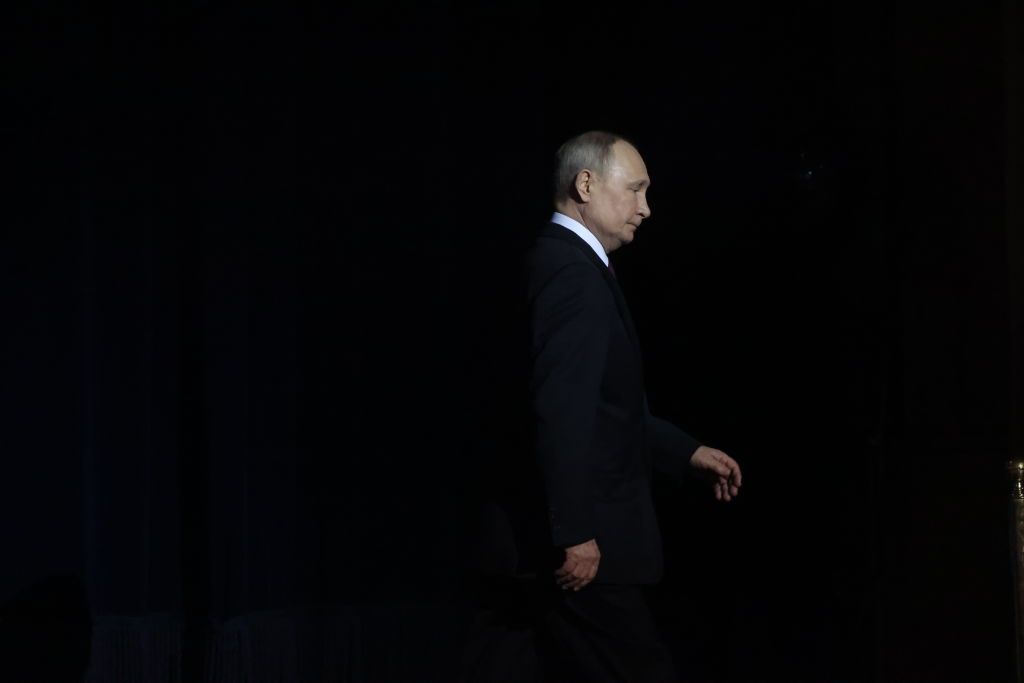FSB says it arrested 4 suspected accomplices of Moscow shooting in Dagestan, allegedly planning another attack

Russia's Federal Security Service (FSB) announced that it had arrested four alleged accomplices of the terrorist attack outside of Moscow, the Russian state-run media RIA Novosti said on April 1.
The FSB claimed that the four suspects, who were arrested in the southern Russian republic of Dagestan, were plotting another attack in the Dagestani city of Kaspiysk.
Several gunmen opened fire at the Crocus City Hall in Krasnogorsk, a suburb of Moscow, on the evening of March 22, killing at least 144 people. A branch of the Islamic State (ISIS) claimed responsibility for the attack shortly thereafter.
Russian authorities detained 11 people in the first 24 hours following the attack. A court in Moscow charged four of them, all of whom are citizens of Tajikistan, with committing an act of terrorism on March 24.
Russian President Vladimir Putin, along with other top Russian officials, sought to pin the blame on Ukraine without providing any evidence.
Ukraine and the U.S. rejected the Kremlin's allegations.
Dagestan, an ethnically diverse and majority-Muslim republic, saw repeated acts of terrorism in the aftermath of the Second Chechen War that formally ended in 2000. A violent but low-intensity insurgency against the government also went on for several years in the area.
The majority of the fighting was in neighboring Chechnya, but there was considerable spillover into Dagestan.
A significant number of people from Dagestan, perhaps as many as 5,000, went to fight for ISIS in Syria or Iraq.














